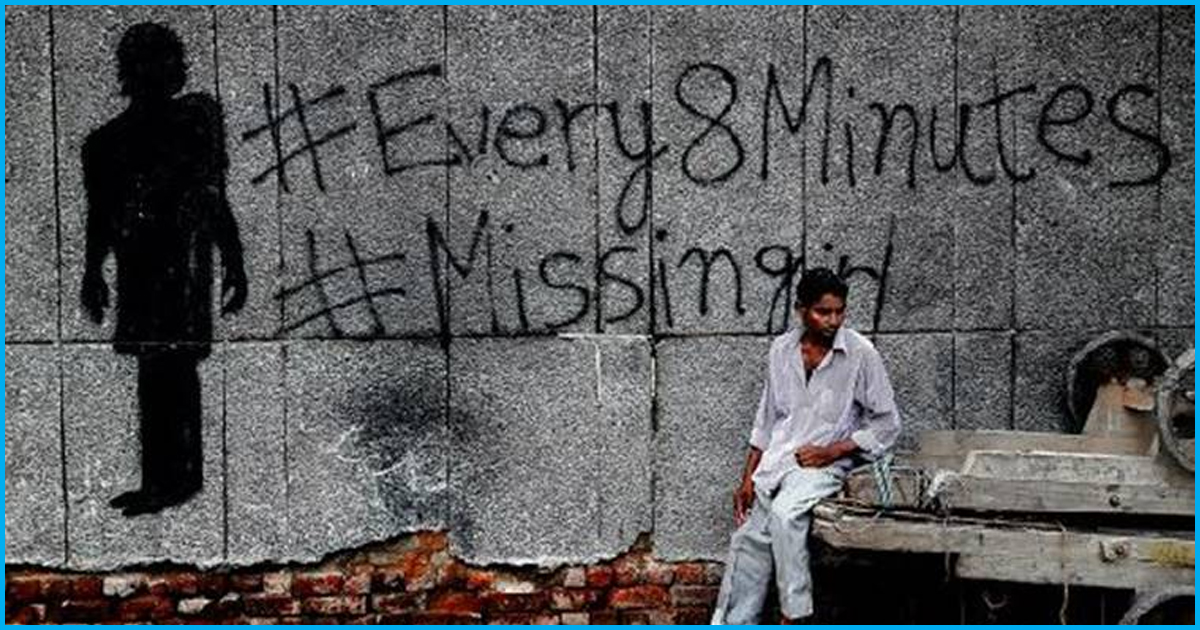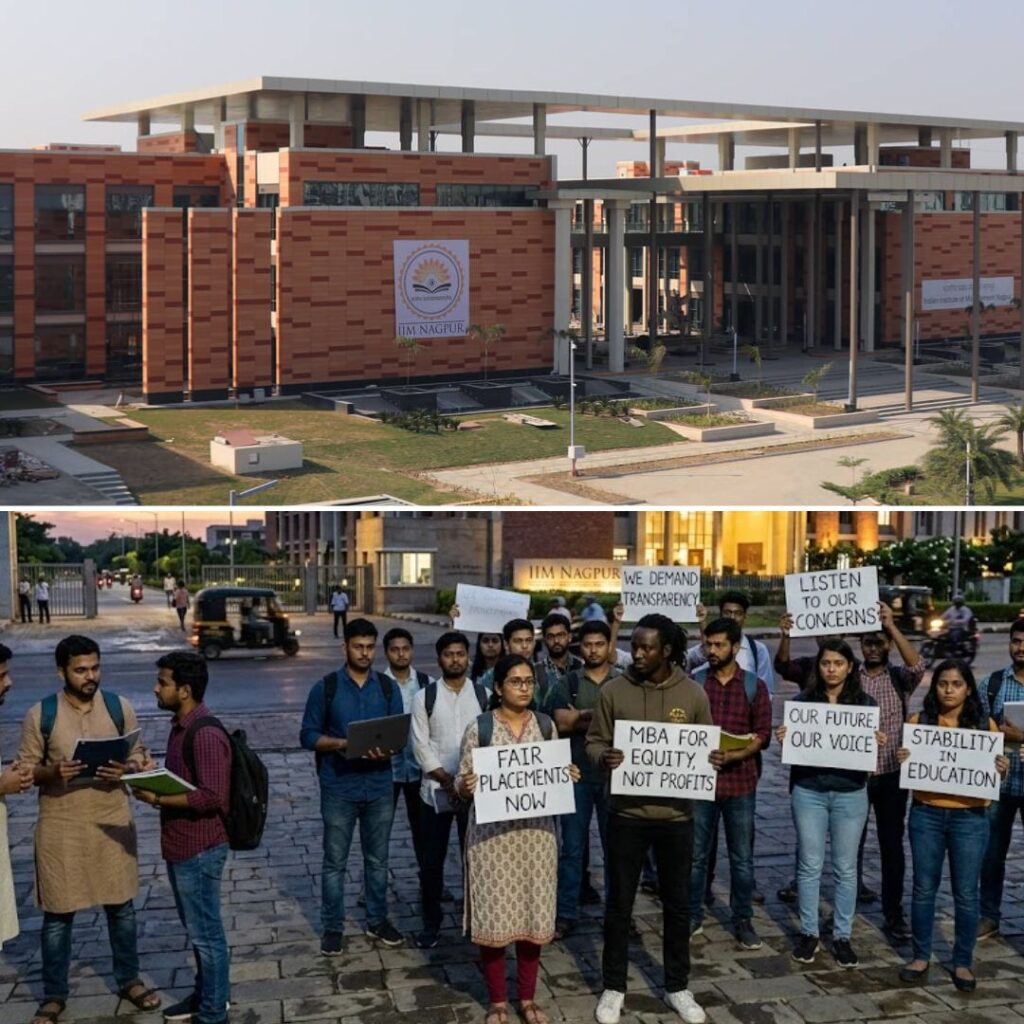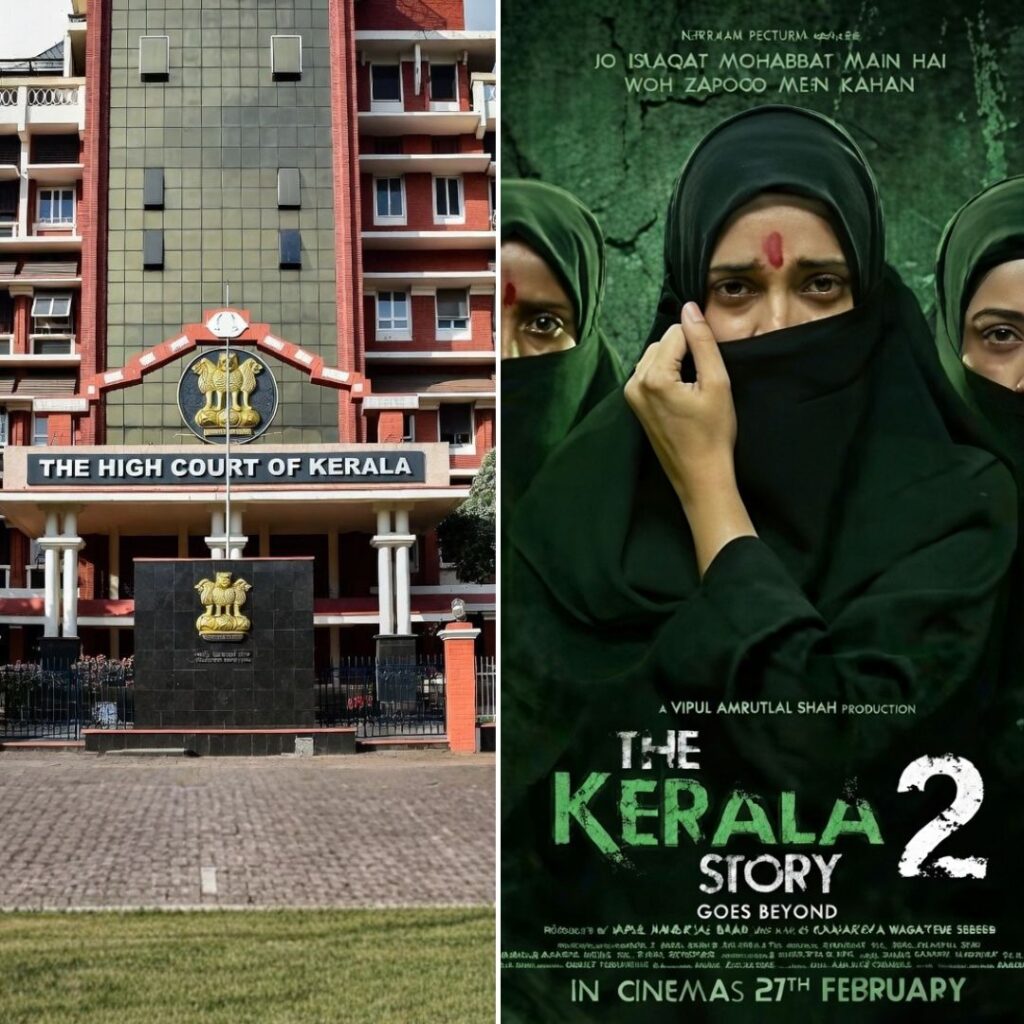On December 3rd this year, 9 minor girls were reported missing from a shelter home in Delhi. Earlier this year a major trafficking and sex racket of minors was busted in a Muzaffarpur shelter home for children. Officials responsible for the shelter homes in both cases are currently being tried under the criminal justice system. Cases of this gravity were unearthed as a result of a nationwide social audit that was being conducted by the State to monitor and improve the living conditions of children who were in need of care and protection and those who were victims of crime or were juvenile offenders. In the process of this audit, 539 illegal homes and those that were not complying with the required standards were shut down by the State. There are currently over 9000 registered shelter homes for children in the country, that are being monitored by an entire institutional framework set up under the Juvenile Justice (Care and Protection of Children) Act 2015 to bring accountability to the rehabilitative homes run both by the State and by NGOs.
In sharp contrast, women who are survivors of trafficking are currently denied access to any such rehabilitation, safety and support. Few homes that exist run without any minimum standards of care, no regulatory or monitoring mechanism where multiple degrees of abuse of women continue with impunity. There is no framework for audit and no transparency in operation.
The Trafficking of Persons (Prevention, Protection and Rehabilitation) Bill 2018 is the first proposed law in the country that mandated the setting up of rehabilitative homes for survivors of trafficking. It sets forth the management, minimum standards of care and State regulatory mechanisms to ensure quality and accountable rehabilitative support for the short term as well as the long term. The Bill was passed by the Lok Sabha in July this year and is expected to be tabled in the Rajya Sabha in the ongoing Winter Session of Parliament.
Understanding Survivor Trauma and the Need for Rehabilitation
Survivors of trafficking, especially women and children, face an immediate sense of fear and helplessness. They have often been trafficked and sold by their own families and hence returning back to them may pose a threat to their safety. Victims of trafficking for commercial sexual exploitation, especially women, also face socially and economically paralysing stigma in their communities. While they are struggling to survive, they are often also dealing with trauma, depression and social exclusion, which often push them, back into the exploitation they had escaped from. In the absence of a safe means of subsistence, the survivors are often left penniless and homeless. This places the responsibility on the State to ensure the safety and wellbeing of a victim of trafficking.
A report by the UNODC and National Institute of Mental Health Sciences states that ‘the reason for institutionalization can be viewed as a result of contextual factors that interact with individual and family vulnerabilities (UNODC, 2011). The report stressed the need for providing psychological care to survivors of trafficking to women in shelter homes. Severe mental health challenges such as ‘significant emotional problems, ideas of hopelessness, worthlessness, crying spells, anxiety about the future, social anxiety, death wishes and suicidal ideas’ are common among the women inmates. The Trafficking of Persons Prevention, Protection and Rehabilitation) Bill 2018 guarantees this essential provision of psychological support to survivors of trafficking, along with other support mechanisms such as skill development and entrepreneurial support.
The Right of a Survivor to Institutional Support
The Trafficking of Persons (Prevention, Protection and Rehabilitation) Bill 2018 extends all survivors of trafficking the right to access institutional support by the State. It is also left to the choice of the adult survivors to accept or deny State protection or rehabilitation. Under Section 17(4) of the Bill allows for an adult victim to make an application, along with an affidavit, to the Magistrate declining rehabilitative services. After due assessment of the immediate threat, coercion and distress the victim may be under, the application made by the victim may be accepted by the Magistrate.
Contrary to popular belief, the Bill does not allow for the incarceration of adult consenting sex workers by forcefully locking them up into homes against their will. It would, in fact, amount to the crime of wrongful confinement if the State were to do so. The Bill clearly states that it only extends institutional support to victims of trafficking that are qualified as such by the Police and the Magistrate under the law for the time being in force. The Bill essentially addresses the issues and concerns faced by the victims of trafficking, it protects and rehabilitates child victims of trafficking, but leaves it to the choice and agency of an adult sex worker to accept or decline the option of rehabilitation. It does not resort to forced institutionalisation, but only provides the option of a safe place of stay to the survivors in the absence of an alternative.
Academicians can debate upon the statistics of division between consent and coercion, but it is also important to understand the complexities of consent and coercion experienced by a woman in the context of sex work or sexual exploitation. While the Bill does not in any manner declare all women in prostitution to be trafficked or coerced, it is also unreasonable to deny the existence of trafficking for sexual exploitation altogether. The Bill allows all survivors an active practice of her agency in accessing rehabilitation while accommodating the threat and coercion that a victim may face by her traffickers or abuser once she has escaped from exploitation. Although institutionalisation is a measure of last resort, one cannot negate the fact that it is but a statutory right of the victim to be guaranteed by the state which strengthens the interface between rights-holders and duty-bearers, empowering the choice of victims in the process.
Threat, Coercion and Low Prosecution
Today, the most common cause of low prosecution of traffickers is the hostility of victims due to threat and coercion. This further leads to low conviction and impunity in cases of human trafficking that feeds into the lack of deterrence and perpetuation of the crime. The Bill established stringent punishment for perpetrators, attachment and forfeiture of property, and the freezing of back accounts that are used for the purpose of trafficking. This places offender at a huge risk of imprisonment as well as loss of their illegal economic assets, thus placing the victim at an even higher risk of threat and danger. In such a scenario, providing for an immediate safe place of stay and ensuring protection from the offender’s approach becomes an absolute necessity for the survival for the victim.
The Bill also extends legal aid and assistance to all victims of trafficking along with setting up time-bound investigation and trial. It sets up a dedicated investigation and trial agencies that prioritise trafficking cases as opposed to the current overburdened institutions that fail to invest adequate resources that are required to tackle the organised crime nature of trafficking.
Accountability and Transparency of NGOs working with Victims of Trafficking
The absence of regulation and monitoring mechanisms creates the scope for ill-intentioned agencies to exploit the vulnerabilities of victims of trafficking, especially women. They are often thrown back into exploitative homes that themselves operate as hubs of trafficking in the garb of providing shelter. For instance, in a case of sexual assault of women residents of the Nari Niketan shelter home in Dehradun between 2014 and 2015, the Uttarakhand High Court issued a series of directions to safeguard women and children from abuse besides laying down guidelines for improvement of conditions in shelter homes in the state in a time-bound manner.
The Bill has also created a regulatory framework for institutions and shelter homes run by NGOs and other Aid agencies that work with victims of trafficking in need of care and protection. It sets forth the need for management, minimum standards of care and their monitoring, which will be further elaborated in the Rules to the proposed Law. The Bill thus aims to create a victim-friendly environment in the shelter homes which is not coercive or abusive but enabling and empowering.
Rehabilitation, Beyond Institutionalisation
Rehabilitation is a process by which a survivor of exploitation reclaims his/her right to life, freedom and dignity. Providing institutional support operates from this basic premise of a rights-based approach that is only the starting point for the process of stabilizing the lives of the survivors. The process of rehabilitation and reintegration into a life of safety and self-reliance is one that has many more facets. This requires community support along with State protection. The shelter homes to be established under the Bill simply extends institutional support till such a reasonable time that the survivor requires it.
It is therefore concluded that though access to institutional care is a measure of last resort, it is more often than not the only option a victim of trafficking has for her safety and protection. Trafficking is an organized crime and therefore the Bill aims to create an equally strong and adequate victim-centric policy response. Access to institutional support is the statutory right of the victim which should not and cannot be done away with. In which case, a legislative regulatory and accountability framework for institutional care through the Trafficking of Persons (Prevention, Protection and Rehabilitation) Bill, 2018 is absolutely essential.
About The Author: Piyali Chatterjee is a Policy Analyst and Child Rights Activist working with major child rights organisations in India.













